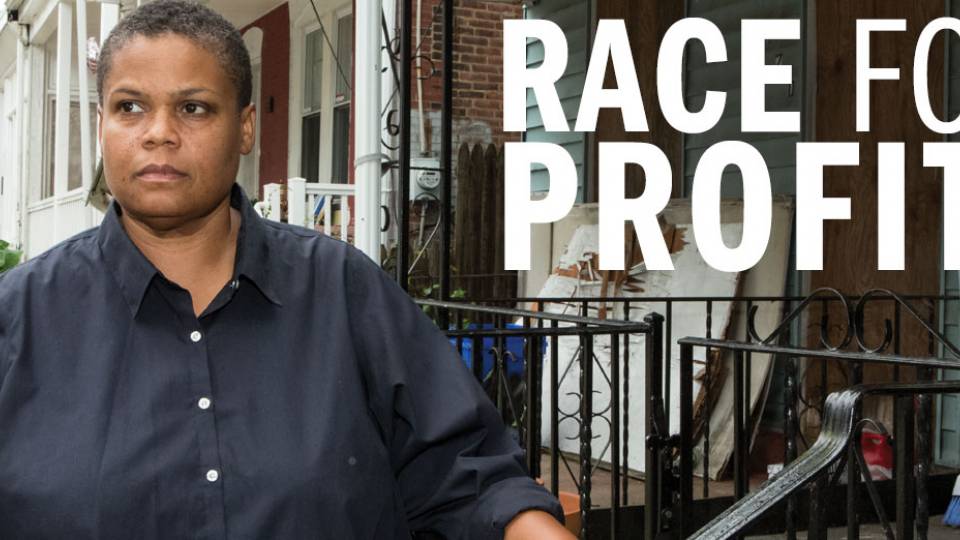Imagine you're struggling with anxiety or depression that's affecting your quality of life. You're not sleeping well. Your work and family life are suffering.
You decide to reach out for help and leave a message with a psychotherapist covered by your health insurance, asking for an appointment. You think you're on the road to help.
But new research by a Princeton sociologist suggests that your chance of securing an appointment varies greatly depending on your sex, race and class.
In an experiment as part of this research, two voicemail messages were left for 320 New York City therapists, randomly selected from a major health insurance company's listing of providers. One call was from a purportedly black therapy seeker and the other was from a purportedly white therapy seeker. Half were middle class and half were working class; they were also evenly divided by gender.
The results were striking: Therapy seekers portrayed as middle-class whites received appointment offers, for any day or time, from almost 30 percent of therapists. Working-class therapy seekers — both black and white, male and female — received offers from less than 10 percent. The middle-class black man received appointment offers from 13 percent, and the middle-class black woman from 21 percent.
"Unlike employers or real estate agents, psychotherapists have not previously faced empirical scrutiny for potentially discriminatory behavior," said the researcher, sociology graduate student Heather Kugelmass. "This research provides a window into an otherwise private exchange that may subtly perpetuate disadvantage."
An article detailing the research, titled "'Sorry, I'm Not Accepting New Patients': An Audit Study of Access to Mental Health Care," was published Wednesday, June 1, in the Journal of Health and Social Behavior. The research received financial support from Princeton's Center for Health and Wellbeing.
In the study, the caller's name and accent were used to suggest race. Social class was cued through vocabulary, grammar and accent. Recordings were pretested to ensure the characteristics would be widely recognized by those receiving the messages. The callers requested an appointment, specifying a preference for weekday evenings. Notably, all therapy seekers had the same private health insurance coverage. Doctoral-level psychotherapists were chosen for the study in part because they are often in solo practice and handle their scheduling personally.
The study found that the middle-class white woman was prioritized for coveted weekday evening appointments. She received affirmative responses to that request from 20 percent of 80 therapists. By contrast, when the black working-class man placed 80 calls, only one therapist made a similar offer.
The research adds to the understanding of disparities in access to mental health care, said Allan Horwitz, Board of Governors Professor of Sociology at Rutgers University, who was not involved in the research.
"Kugelmass' study indicates how stereotypes of gender, race and social class, as well as the more commonly recognized ability to pay for therapy, strongly influence disparities in access to mental health care," Horwitz said.
Two laws, the Mental Health Parity and Addiction Equity Act of 2008 and the Affordable Care Act of 2010, have helped reduce structural barriers to mental health care, but other barriers persist.
"Ultimately, the goal is high-quality care for all, but people need access at multiple stages in the process in order to get to that point," Kugelmass said. "There's no quality of care for people who can't get through a therapist's door."
While some research has shown that blacks are no less likely to express a willingness to seek mental health care than whites, blacks have higher rates of unmet need for mental health care. Poor and near-poor Americans also have lower rates of mental health service usage.
Those factors highlight the importance of how each call for help is handled, Kugelmass said.
"To someone seeking care, it could be very discouraging not to receive even the courtesy of a callback," she said.
Elizabeth Armstrong, associate professor of sociology and public affairs and Kugelmass' adviser, said the study sheds light on the complex dynamics of doctor-patient relationships.
"Heather's work adds immensely to our understanding of these dynamics by shedding light on one aspect of the of the patient's pathway to mental health care that has never before been examined — how patients secure appointments with providers," Armstrong said. "This study suggests that providers exercise unexpected discretion in ways that may contribute to and perpetuate inequality in mental health access by race, class and gender — even before they meet the patient."
Kugelmass said she would like to broaden this area of research to include other providers of mental health care and other geographical areas.




